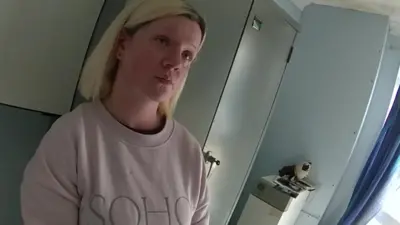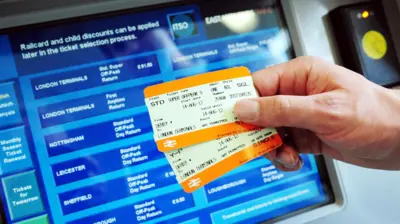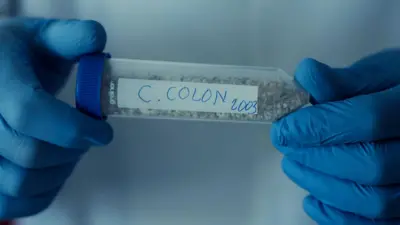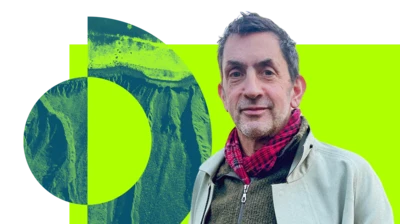We've updated our Privacy and Cookies Policy
We've made some important changes to our Privacy and Cookies Policy and we want you to know what this means for you and your data.
NHS pay rise: Are there strings attached?
Image source, Science Photo Library
- Author, Nick Triggle
- Role, Health correspondent
The headlines following the Budget were clear on NHS pay - nurses were to receive a pay rise after six years of restraint.
The announcement was widely welcomed by not just nurses, but other staff groups on what is known as the Agenda for Change contract. They include everyone from midwives and radiographers to porters and administrative staff.
In total, 1.3 million workers are on that deal, which has been subject to a succession of pay freezes or 1% pay caps since 2010.
It has had a devastating effect, unions argue.
Average nurse pay has fallen by over 14% in real terms, the Royal College of Nursing says, prompting thousands to leave the profession or have to take on second jobs in supermarkets and bars.
But it now looks like the pay rise will come with strings attached.
In an interview with the Health Service Journal (HSJ), Health Secretary Jeremy Hunt has suggested he wants to change the system of increments.
These are in-the-job pay rises that staff receive for career progression. Last year, half of staff received rises worth between 3% and 4% on top of the 1% annual pay rise.
Mr Hunt told the HSJ it was time to move towards "more professional pay structures" rather than simply allowing staff to pick up rises because of "time served".
This interpretation is strongly rejected by the unions, who argue they are not automatic and require staff to take on certain responsibilities and gain a set amount of experience.
Behind the scenes, government officials are suggesting this is not about saving money.
Any savings they make from changing the system of increments would go towards adjusting other aspects of the system, they say, such as payments covering anti-social hours, which in theory should benefit those nurses working in high-pressure and difficult environments, such as accident and emergency units.
But unions are suspicious - they fear the implication is any offer on an annual pay rise next year will be linked to taking from elsewhere.
Now, this is only the very start of the process - formal talks have not even begun.
But the problem is there is not much trust. The legacy of the junior doctors' dispute haunts relations between Mr Hunt and the front line.
The welcoming headlines about a pay rise could easily turn sour in the coming months.
Top Stories
More to explore
Most read
Content is not available








